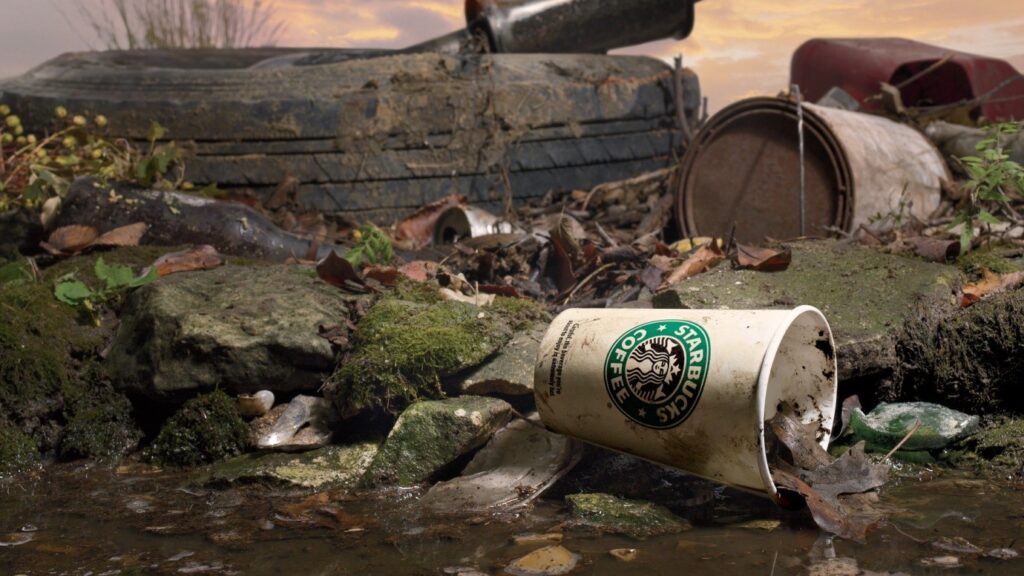The use of disposable cups that are difficult to recycle and the lack of specialist reprocessing facilities in the UK results in fewer than 1 in 400 being recycled, concluded a report by the UK Parliament’s Environmental Audit Committee.
Reflecting the report’s ambitions, Veolia said that it is already implementing a solution to collect, recycle and re-use Britain’s coffee cups.
“Over the last eight months Veolia has made significant progress in pioneering coffee cup recycling. Working in partnership with Costa, Starbucks and McDonald’s, we have recycled more than 10 million cups nationwide,” noted Estelle Brachlianoff, Senior Executive Vice-President at Veolia UK & Ireland.
“Our solutions, which have been rolled out nationwide, include in-house recycling bins, bulk collection and a post back service. This helps support better coffee cup disposal and reduces contamination, which is the biggest challenge in the recycling process,” she continued.
At a meeting in October last year Member of Parliament and chair of the Environmental Audit Committee, Mary Creagh said: “The consumer forecast is that the number of coffee shops in the UK is going to increase from 20,000 to 30,000 by 2025 so, if we add that together, we are going to be well in excess of 3 billion coffee cups disposed of every year. We know that only 1% of these coffee cups are recycled.”
The report, published today, noted that the Government does not currently have a target for coffee cup recycling. However, it does have targets for paper and plastic recycling provided by the EU Waste Directive; the targets for 2020 are 69.5% and 51% respectively.
It is unclear which category disposable coffee cups fall into. However, whichever one it is, the report found that the UK is set to miss it without radical action and warned that at present there are no confirmed post Brexit UK recycling targets for paper or plastic.
In a statement today Brachlianoff said that she wants to see incentives for manufacturers which use recycled materials to give products a second life and said that more needs to be done to ensure sustainability throughout the entire supply chain; including designers, manufacturers, processors and consumers.
“If the proposed levy were to be introduced, we believe it should be used to fund the collection of cups, since once they are separately collected they have a value and can be made into new products. Equally, the levy should be discounted when coffee shops do actually recycle – otherwise it presents no incentive and instead amounts to a general taxation,” she concluded

